Echoing voices within
-
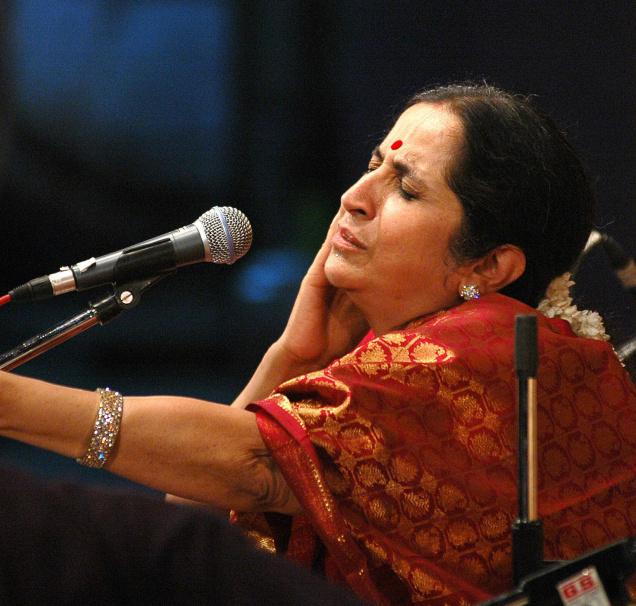
Renowned Carnatic vocalist Aruna Sairam says that becoming a concert musician was never her goal. She was groomed to enjoy her music.
In Aruna Sairam’s words you can almost hear what T.S. Eliot says in his seminal essay, Tradition and the Individual Talent. When Eliot spoke of individual talent he was speaking of it as a reinforcement of tradition. Renowned Carnatic vocalist Aruna Sairam says tradition and innovation can never be bipolar opposites. The accomplished musician who has travelled widely and engaged with different forms of music speaks of the complexity of creative process in one of her interviews: “Tradition exists to show you who you are. Innovation should be encouraged to show you who you could be. When I sing “Payyada” (composed by Kshetrayya, translates to “My Lord has forsaken me and gone away”), I am aware that I am allowing over 500 years of a certain encapsulated pathos to translate itself in my voice. But the music calls out to me to add to it. When I sing this padam, I am echoing Brindamma’s training, my mother’s expectations, each of my gurus and their exhortations and the composer and his passion. But I am stridently voicing my own take as well. Aruna, at that point, becomes a traditionalist innovator or an innovative traditionalist. The differences are blurred. Only the music speaks.”
As someone who has imbibed the best of music through legendary musicians, Aruna Sairam is extremely sensitive not just to her artistry, but also to how it unfolds itself in society through an individual. She is aware of the complex processes at work, and never sees art in isolation from society. In fact, she feels music shapes itself in reality.
Excerpts from an interview:
Though your upbringing had a lot of Carnatic music in it, Bombay was a city with strong Hindustani influences. Also Natyasangeet, Abhang, and the bhavageeth. Your home was constantly visited by artistes from various streams. Was Carnatic music a natural choice? Did you ever feel drawn towards these other forms that was in the world around you?
My parents were from Tamilnadu, and migrated to Bombay and started their life there. It was their deliberate choice to be connected to their roots. But they were in the love with the arts and open minded. So naturally, our home became a confluence of different artistes from different streams. For me it seemed like a natural choice to do Carnatic music because it was something that I identified with strongly. While for them it was a deliberate choice, it was natural for me.
Considering the atmosphere at home, there were several influences that were opening up my mind. I integrated them into my singing but never moved away from my chosen path. For instance, my guru said when you sing neraval every note should hit the right spot. But my engagement with Hindustani music taught me how to play around with the space and time it differently.
Your mother, as you say in many of your interviews, was the most important person in shaping your musical world. Did you draw strength from her conviction. How did you deal with the compelling forces of being wife and mother, and your personal calling as a musician?
The nice thing about my growing up years is the discipline. My mother would make sure I woke up at 4 a.m. and practised. I would get my glass of milk only after that. With all the seriousness they expected from me, neither of my parents ever told me to be a concert musician. They allowed me to enjoy music, and likewise everything else. I used to love films and I have watched the maximum number of films with my parents. Getting married, having children seemed like the most normal thing to do. In the years that I began to think about myself, my mother was gone. My father came twice a week and I sang before him for hours. I think I was lucky because my husband’s family gave me that space to find my inner calling.
Having said all this, I feel that no amount of external encouragement gives the woman the strength to fight her inner battles. Equilibrium has to come from within. If you are seeking freedom, you must realise that it comes with responsibility.
As a woman musician, did you ever feel that you were less privileged in the world of music that was in many ways conservative?
I didn’t and I don’t know why. Even if I were less privileged because of my gender, I perhaps took them as challenges. I saw them as reminders to improve myself. But I am of the belief that merit can never be diminished.
You have interacted with several musicians. For instance, the French medieval scholar and the Gregorian master. Did they influence your music?
They inspired my music a lot. I learnt to re-orient myself through their route. They were trying to recreate tradition through medieval notations. In Europe, one era vanquished the other and there was no oral tradition either. And here I am, a fortunate continuum of an unbroken tradition. I stand as a representative as the great tradition of Veena Dhanammal’s music. I began to look at my own processes differently through these interactions. I feel grateful standing on the shoulders of all those women who were not only great musicians but also remarkable in spirit. For instance, Bangalore Nagarathnamma and Ramaniyammal. They are my influences.
Related Albums
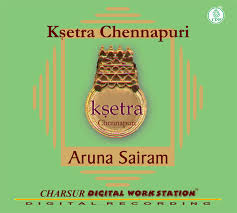
Ksetra Chennapuri
Published : 2006
By : Charsur Digital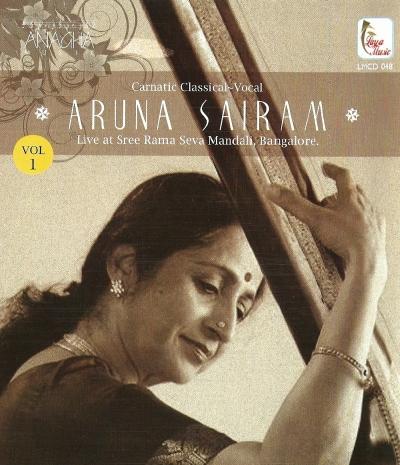
Sree Ramaseva Mandali ...
Published : 2003
By : Anagha Music...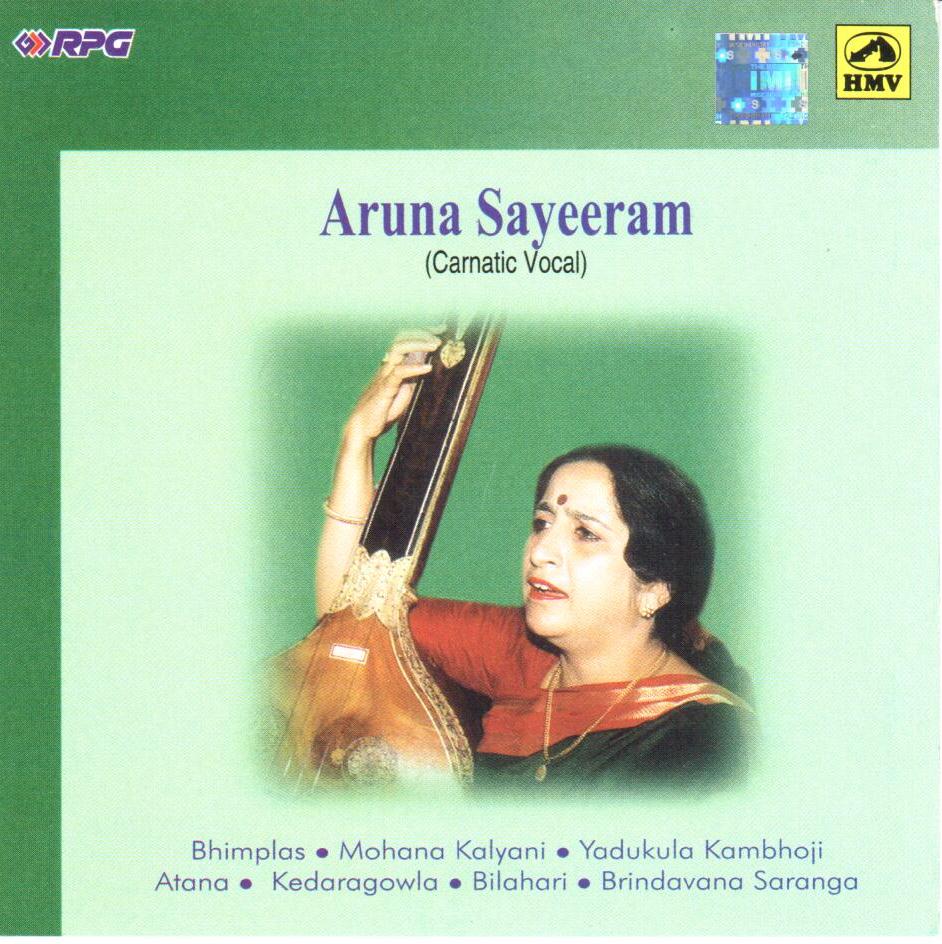
Aruna Sairam Carnatic ...
Published : 1995
By : HMV...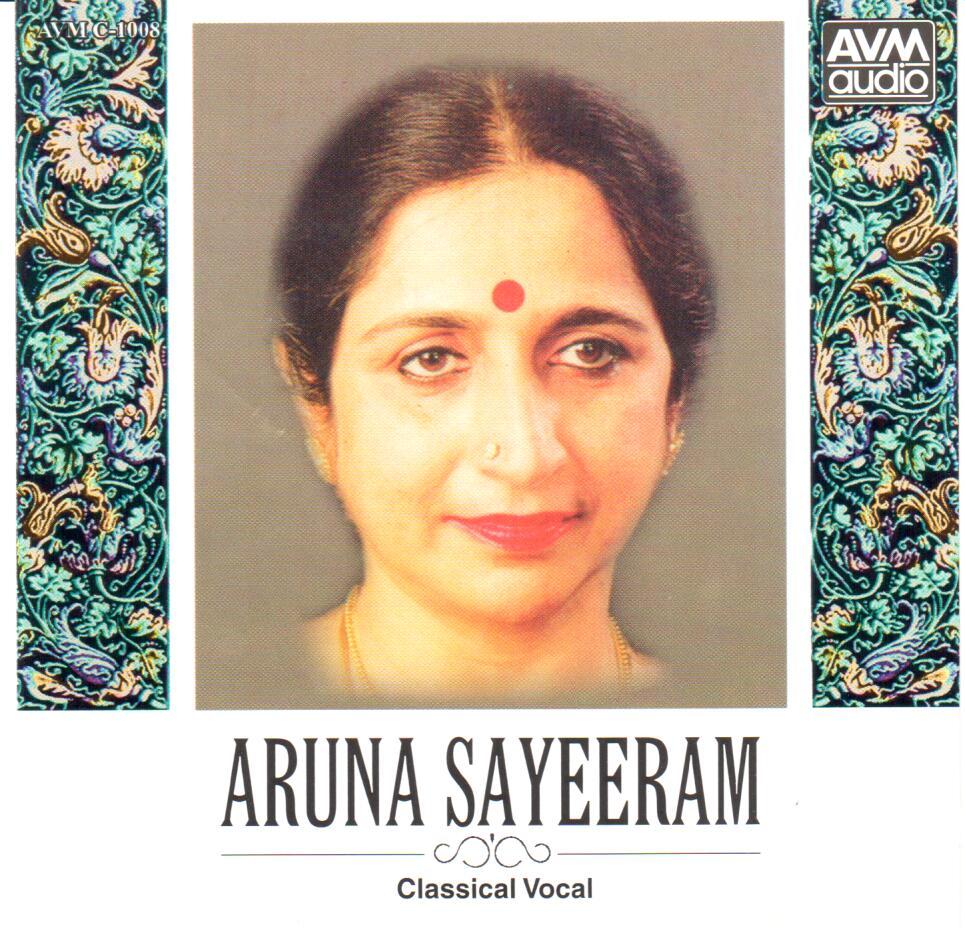
Aruna Sairam - Classic...
Published : 1998
By : AVM AUDIO...
Related Concerts
- Aruna Sairam in Concert
On : Saturday, July 14, 2012 - Aruna Sairam in Concert
On : Saturday, July 21, 2012 - Guru Poornima Music Festival
On : Monday, July 2, 2012 - Aruna Sairam in Concert
On : Sunday, July 1, 2012

 Photos
Photos